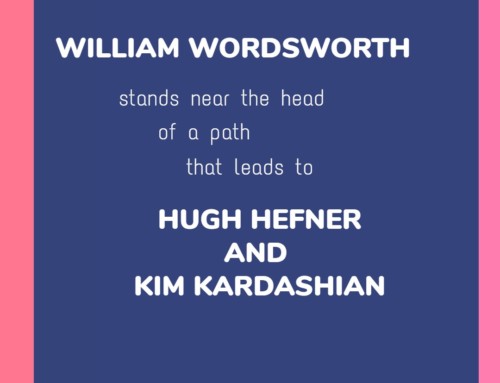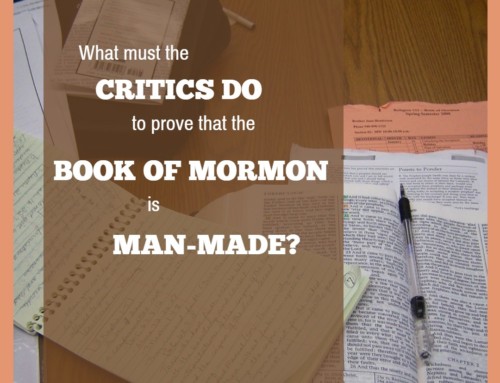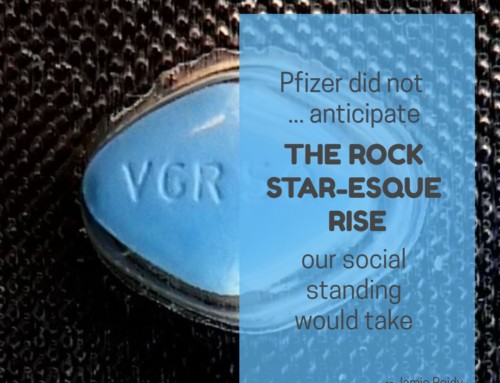One thing I learned from David J. Lynch’s When the Luck of the Irish Ran Out was that, historically, the Irish are embarrassed to be Irish.
What?
The Irish? With their cool names and their cool music and their cool little island?
Yes, I know they endured a lot of “Irish need not apply” when they came to the New World. But that’s so 19th century.
The 20th century too?
To be Irish was to be poor, usually unemployed. To be Irish was to be one of thirteen kids. To be Irish was to be dominated by British overlords, and shut out of clean professions like banker, lawyer.
But that all changed. Lynch writes about 1980s and ‘90s, when things took off for the Irish. Their artists dared to write new novels. Their sons dared to start banks. Computer chip companies scoped out Irish cities and built factories.
Suddenly, the Irish, who had been leaving their island since the Potato Famine, started to return. They were cool. Their pockets were full of money.
The world called their success “The Celtic Tiger.”
They handled it pretty much like lottery winners. That’s where we come to the “luck ran out” part.
Unfortunately, Lynch expends a lot of print on government wonks setting interest rates, on bank examiners peering through loan books, checking whether there’s any collateral behind all that borrowed money.
I frequently wished his book told more rags-to-riches-back-to-rags stories. Well, he did. He followed Ireland’s real estate bubble right through its bursting, but I wanted stories like “Sean and Meaghan O’Malley sat in their Boston suburb and discussed whether Meaghan should take the bank job back in Dublin. . . . Sean and Meaghan began to go out to dinner every night. There’d never been sushi restaurants around here before. . . . Sean and Meaghan rolled out the plans for their 7,000-square-foot mansion. Meaghan said, ‘I don’t know,’ but Sean said, ‘Oh, we’ll be fine!’ as he traced his finger around tennis court. . . . Sean and Meaghan laid awake at night wondering how to meet the mortgage after Meaghan goes to jail for accepting the Bentley from the land developer. ‘But everybody was doing it,’ said Meaghan, sniffling.”
If you like reading the financial pages, Lynch’s book may be your bottle of Guinness.
If you’re too light-minded for his book, you might try “Celtic Tiger,” a rollicking music CD produced by Michael Flatley of Riverdance fame. It’s a musical history of Ireland, right up to the time before the bubble burst.
At any rate, Sean and Meaghan might have learned their lesson. Some say Ireland is ready to roll again.
Photo credit: Anna & Michal via Visual Hunt / CC BY-SA







Leave A Comment